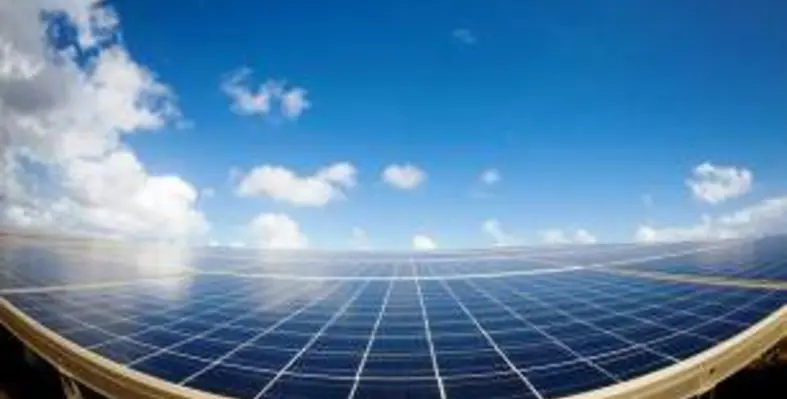Uganda’s first grid-connected solar facility and East Africa’s largest will provide clean, low-carbon and sustainable electricity to 40,000 homes, schools and businesses in the country
Comprised of 32,680 photovoltaic panels, the new 10MW facility was developed under the global energy transfer feedin tariff (GET FiT), a support scheme for renewable energy projects managed by Germany’s KfW Development Bank in partnership with Uganda’s Electricity Regulatory Agency (ERA) and funded by Norway, Germany, the UK and the European Union. The GET FiT programme helps renewable energy sources become more affordable and, therefore, more accessible in East Africa.
The US$19mn Soroti Solar Plant is, in part, funded by the European Union-Africa Infrastructure Trust Fund through the GET FiT Solar Facility equivalent to US$9.26mn in the form of result-based premium payments per kWh of delivered electricity.
Located on a 33-acre plot of land in Soroti District, the power plant has the potential to increase its net output capacity by a further 20MW of solar energy. At peak construction the plant had over 120 local workers involved, including engineers recruited and trained by Access Power and EREN RE.
The inauguration ceremony was attended by Uganda’s minister of state for energy, Ambassadors from the EU, Germany and the Netherlands, as well as key stakeholders from Access Power and EREN RE; TSK, the contractor who built the plant; FMO and Private Infrastructure Development Group (PIDG).
Ambassador Kristian Schmidt, European Union head of delegation to Uganda, said, “Uganda is a good place to invest in solar energy. The regulatory framework is conducive and the government rightly recognises Uganda’s energy future must be renewable. It is great that this is now triggering private sector interest in solar power generation. The European Union is proud that our grant contribution ensures the realisation of the Soroti Solar Plant, and I hope this is only just the beginning for many more to come.”
The ERA CEO Ziria Tibalwa noted, “The Access Solar Uganda 10MW grid connected solar PV project that we are launching today is so far the largest in the East African region. We are so proud of this outcome of our stable and favourable regulatory environment that has produced such a leading project in the East African region.
According to David Corchia, CEO at EREN RE, Soroti solar plant is an excellent textbook example of how collaboration among key local and international stakeholders can result in the successful execution and completion of such a ground breaking project and in tangible progress in the spread of renewable energy across Africa.
Reda El Chaar, executive chairman, Access Power also stated that they were thrilled to have been given the opportunity to work with their European and Ugandan partners to bring to reality this flagship solar power plant.
Jennie Barugh, head DFID Uganda on the impact of GET FiT, revealed, “GET FiT has helped to demonstrate the success of private sector led renewable energy projects; reducing costs to the government and increasing supply to help the people of Uganda to improve livelihoods and economic empowerment, especially for women and girls. Uganda has led the way in this sector and we expect other African nations to learn from and build on the successes of GET FiT. The Soroti plant is also one of the eight renewable energy projects in Uganda to have benefited from the UK Aid supported Emerging Africa Infrastructure Fund (EAIF) – part of the multilateral PIDG.
Oscar Kang’oro, non-executive director of the EAIF confirmed EAIF’s commitment to supporting solar and small hydro power projects in Uganda. “EAIF is fully engaged in Uganda and to date financed eight renewable energy projects in the country, including Soroti. This can unlock economic potential, create new economic development opportunities, grow the productivity of public services and improve energy security.”
The project is financed by a mix of debt and equity with the senior debt facility being provided by FMO, the Netherlands Development Bank, and the EAIF.












